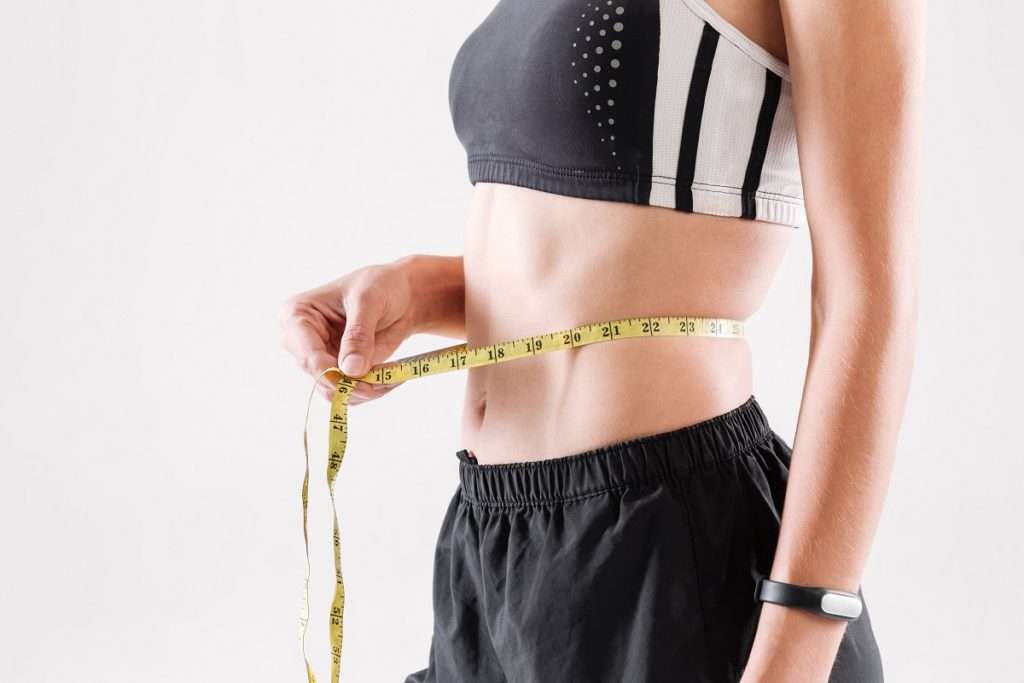Losing weight after the age of 40 can feel like a daunting task. As we age, our metabolism slows down, muscle mass decreases, and hormonal changes occur, all of which make weight management more challenging.
However, with the right strategies and mindset, weight loss after 40 is entirely possible.
This blog provides actionable tips and guidance to help you achieve sustainable weight loss while maintaining a healthy and balanced lifestyle.
1. Understanding the Changes in Your Body After 40
Before embarking on a weight loss journey, it’s important to understand how your body changes as you age. These changes often require adjustments in both diet and exercise to successfully lose weight.
Slower Metabolism
As you age, your metabolic rate slows down, meaning your body burns fewer calories at rest. This requires either consuming fewer calories or increasing physical activity to maintain or lose weight.
Hormonal Shifts
Hormones like estrogen and testosterone decline, particularly during menopause in women, which can lead to weight gain, especially around the abdomen.
Muscle Loss
After 40, the body starts losing muscle mass (sarcopenia), which reduces overall calorie burning. Incorporating resistance training is crucial to combat this.
Insulin Sensitivity
Insulin sensitivity may decrease, making it harder for your body to process sugars and carbohydrates. This can lead to weight gain if your diet is not adjusted.
2. Dietary Adjustments for Effective Weight Loss
Diet plays a crucial role in weight loss, especially after 40 when the body’s nutritional needs change. Here are some key dietary adjustments to consider.
Increase Protein Intake
Protein is essential for preserving muscle mass as you age. Aim to include lean sources of protein like chicken, fish, tofu, or legumes in every meal. Protein also helps you feel fuller for longer, which can prevent overeating.
Reduce Processed Foods
Processed foods, which are high in sugars and unhealthy fats, should be limited. Focus on whole foods like fruits, vegetables, whole grains, and lean proteins to fuel your body with essential nutrients.
Weight Loss for Busy Moms: Balancing Family and Fitness
Control Portion Sizes
With a slower metabolism, portion control becomes critical. Consider smaller, balanced meals throughout the day to prevent overeating and to keep your energy levels stable.
Prioritize Fiber
Fiber-rich foods like fruits, vegetables, and whole grains can improve digestion and help control hunger. They also support heart health, which becomes increasingly important as we age.
Limit Sugary Beverages
Sugary drinks like sodas, fruit juices, and energy drinks are packed with empty calories. Opt for water, herbal teas, or infused water to stay hydrated without the added sugars.
3. Exercise Strategies for Weight Loss After 40
Incorporating the right types of exercise into your routine is essential for effective weight loss after 40. A combination of strength training, cardio, and flexibility exercises can provide the best results.
Strength Training
Resistance or weight training is crucial for building and preserving muscle mass. Incorporating exercises like squats, deadlifts, and lunges can help increase muscle strength, which in turn boosts metabolism. Aim for at least two strength training sessions per week.
Cardio Workouts
Cardiovascular exercises like walking, cycling, or swimming help burn calories and improve heart health. High-intensity interval training (HIIT) can be particularly effective for burning fat, as it combines short bursts of intense activity with periods of rest.
Flexibility and Balance Training
Yoga and Pilates are excellent for improving flexibility, balance, and core strength. These exercises can also help reduce the risk of injury and improve posture, which becomes important as the body ages.
Daily Movement
Beyond formal exercise, staying active throughout the day is key. Simple activities like taking the stairs, walking, or doing household chores can help increase your daily calorie expenditure.
4. The Importance of Sleep and Stress Management
Sleep and stress levels have a significant impact on weight loss, especially in midlife. Many people overlook these factors, but they are critical to achieving sustainable weight loss.
Sleep Quality
Lack of sleep disrupts hormone levels that control hunger and satiety, leading to increased cravings and overeating. Aim for 7-9 hours of quality sleep each night to support your weight loss efforts.
Stress Management
Chronic stress triggers the release of cortisol, a hormone that can promote fat storage, particularly in the abdominal area. Incorporating stress-reducing activities like meditation, yoga, or breathing exercises can help manage cortisol levels and prevent stress-related weight gain.
5. Hydration: The Often Overlooked Key to Weight Loss
Staying properly hydrated is often overlooked but is essential for weight loss. Water helps the body metabolize stored fat and aids digestion.
Increase Water Intake
Drinking enough water can help control hunger and improve digestion. It is recommended to drink at least 8 glasses of water a day, but this can vary depending on individual needs.
Hydrate Before Meals
Drinking a glass of water before meals can help you feel fuller and prevent overeating.
Limit Alcohol Consumption
Alcohol contains empty calories and can hinder your weight loss progress. Try to limit alcohol consumption or choose lower-calorie options when you do indulge.
6. Tracking Your Progress and Setting Realistic Goals
One of the most effective ways to stay motivated is to track your progress and set realistic goals. After 40, weight loss may take longer, so it’s important to focus on long-term sustainability rather than quick fixes.
Set Achievable Goals
Set specific, measurable, achievable, relevant, and time-bound (SMART) goals for your weight loss journey. Instead of aiming for drastic weight loss, focus on losing 1-2 pounds per week.
Use a Food and Activity Journal
Keeping track of your food intake and exercise can provide valuable insight into your habits and progress. This can also help you identify areas where you need to make adjustments.
Celebrate Small Wins
It’s important to celebrate small milestones along the way. Whether it’s losing a few pounds, completing a workout, or making healthier food choices, recognizing your achievements will help keep you motivated.
7. Hormonal Balance and Its Impact on Weight Loss
As we age, hormonal changes, especially during menopause, can make weight loss more difficult. Understanding how to manage these changes is key to losing weight and keeping it off.
Hormonal Therapy
For some women, hormone replacement therapy (HRT) can help balance declining estrogen levels, which may make weight management easier. However, HRT is not for everyone, so it’s important to discuss this with your doctor.
Supplements for Hormonal Health
Some supplements, such as vitamin D, calcium, and omega-3 fatty acids, can help manage hormonal changes and support overall health. Always consult with a healthcare provider before adding new supplements to your routine.
8. Staying Motivated and Consistent
Consistency is key to achieving any long-term health goal. Here are some tips to help you stay motivated and committed to your weight loss journey after 40.
Find a Support System
Whether it’s family, friends, or an online community, having a support system can help you stay accountable and motivated. Consider joining a fitness class, walking group, or weight loss group to meet like-minded individuals.
Focus on Non-Scale Victories
Weight loss isn’t just about the number on the scale. Focus on how you feel, how your clothes fit, and the improvements in your strength and energy levels.
Stay Positive
It’s important to maintain a positive mindset. Weight loss after 40 may take longer, but with patience, persistence, and the right strategies, you can achieve your goals.
Conclusion
While losing weight after 40 can present its own set of challenges, it’s entirely possible with the right approach.
By understanding how your body changes with age, making dietary adjustments, incorporating regular exercise, and managing sleep and stress, you can achieve sustainable weight loss.
Remember, consistency is key, and the focus should always be on long-term health and well-being, not just the numbers on the scale.


